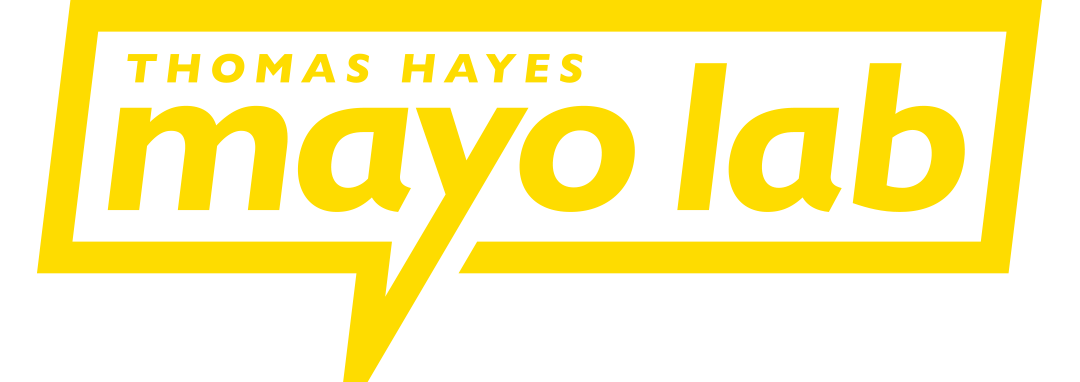Talking About Mental Wellbeing and Substance Misuse with Kids: How Young is Too Young?
Parents and educators increasingly recognize the need for a different conversation about mental health and substance misuse among high schoolers. But why are schools often hesitant to let younger students join the conversation?
To be sure, suicide is the leading cause of death for young people ages 10 to 24. By middle school, many children are already fully immersed in social media and text messaging—environments that inundate them with conflicting, confusing information, myths, unhealthy self-image comparisons, and bullying. The National Center on Addiction and Substance Abuse reports that children aged 12 to 17 who spend time daily on social networking sites and apps are five times more likely to buy cigarettes or vaping products, five times more likely to drink, and two times as likely to use marijuana.
When David Magee, host of The Mayo Lab Podcast and part of its behind-the-scenes complement Inside the Mayo Lab, speaks at schools on the subjects of young people’s mental health and substance misuse, he finds that schools that have invited him plan for the audience to be students of their high school grades.
In a recent episode of the Inside the Mayo Lab podcast, Magee shared how the conversation proceeds.
“I respond, ‘Really? Don’t you think the middle school students need this?’” he said. “They'll go, ‘Do you? Do you think the middle school students are ready for this? Don’t you think the subject matter is a little mature?’”
But Magee believes it is imperative to begin the conversation earlier.
“If we’re going to really save ourselves out of this crisis, do we have any choice but to bring the middle school students in, because the research is clear … you can use puberty as the demarcation point. Something happens that changes in young people in their mind, hormonally. Statistically, right about that middle school period is where a lot of these anxious, depressed, I’m-not-sure-who-I-am (feelings begin), and/or substance use begins.”
Dr. Meagen Rosenthal, interim director of The Mayo Lab, underscored the importance of these earlier conversations, in the same podcast discussion.
“We can start to short-circuit that if we get to them earlier, give them the toolbox and say, ‘You’re feeling uncertain about your future, what you're going to do and how you're going to do it. The solution to that is not substances,” Rosenthal said. “The solution to that is conversations with their parents, going to counseling, finding new hobbies, doing all these different kinds of things that we know work, but we're just not messaging that appropriately, in a way that's consumable to our young people.”
Magee and Rosenthal agree that though the conversation should be tailored to the age bracket of the child or audience—which may range to even younger than middle school age—the subjects of mental health and substance misuse should not be out of bounds. Rather than waiting until a problem becomes apparent and attempting to retroactively reverse it, parents and educators should treat these subjects as necessary learning to prepare children for life.
“We teach math to students in the first grade,” noted Alexis Lee, program manager with The Mayo Lab, in the podcast discussion. Education and understanding are incremental. By analogy, The Mayo Lab team posited, math is not too mature a subject for first-graders, but you have to start with the basics before evolving and maturing into calculus.
“You learn these foundations that you build on for the rest of your life,” Lee said. “We need to be doing that with mental health and with wellbeing conversations, because this isn’t an instant fix, and that’s where we are as culture of instant gratification. We think that at a split second you can change your life around. Unfortunately, that’s really not how this is working. You need the tools earlier to build on to use throughout your life and to adapt when you go through puberty, to adapt when you go to high school, to adapt when you go to college.”
For more tough but necessary discussions about the mental health and substance misuse epidemic among American students, listen to The Mayo Lab Podcast and the Inside the Mayo Lab podcast.

